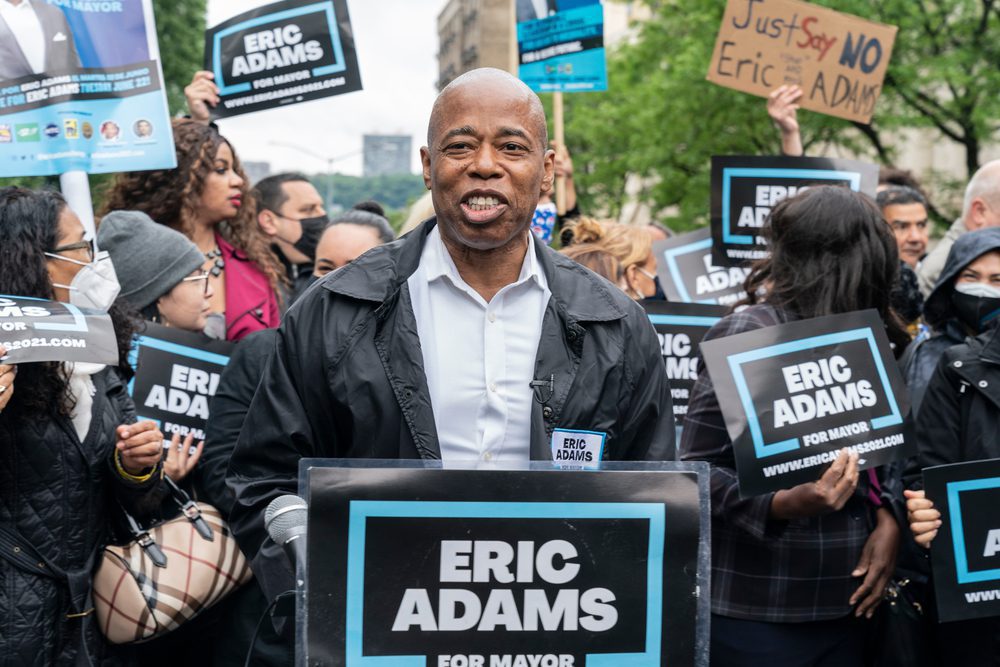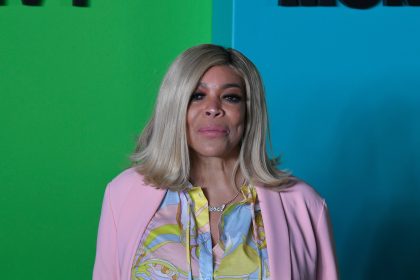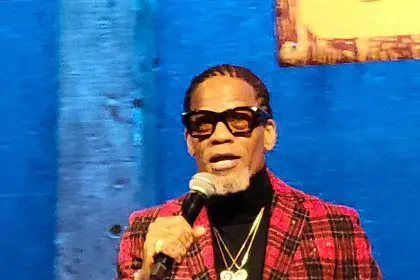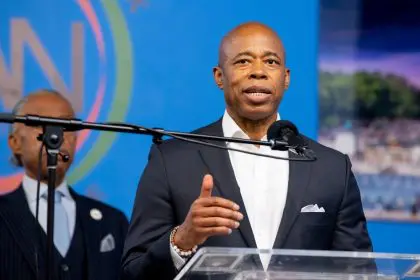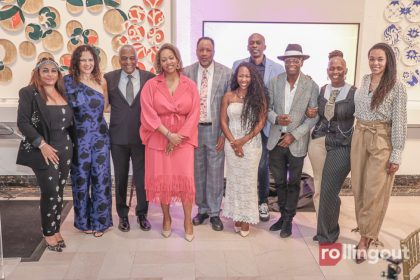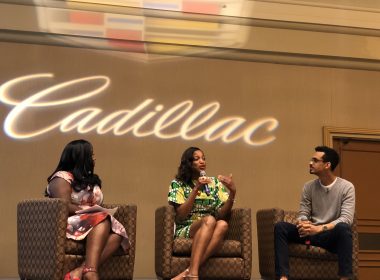
Brooklyn, New York’s, former state senator and current borough president has a unique perspective on police relations with the Black community. When they were young teens, Eric Adams and his brother were so brutally beaten by vicious cops that their urine was filled with blood for a week.
“Every time I saw a police vehicle, every time I heard a siren, I relived that,” Adams told NPR.
The incident understandably left the boys harboring acute feelings of anger, fear, and resentment toward police officers as they grew into young adulthood. However, as the young men came of age and began to seek out careers best suited for them, their paths diverged unexpectedly. Adams decided the best way for him to tackle the dangerous and unhealthy bitterness he was harboring toward cops was to become one of them. Of course, his brother and many other members of his community had strong feelings against his decision, but he had strong feelings of his own — and he channeled those feelings he held since he was 15 years old into an aggressive mindset and a focus on reform.
“It’s a culture of believing Black equals crime, and that is how policing is carried out throughout this entire country. That’s the culture we’re fighting against to reverse,” Adams said.
Not only did Adams have to battle internal demons each day he put on the police uniform, he and other young Black officers had to fight the police department to be treated fairly and have equal rights with his fellow cops. Over his 22 years before retiring as a police captain, he often had the experience of protesting against police brutality out of uniform, and later donning the uniform and helping to keep the peace at the same protest. Facing ridicule from Blacks for the role his job required, he sought ways to connect and dissipate some of their anger felt toward him personally that was actually directed toward the uniform.
“Oftentimes I would simply say, ‘I thank you for standing up for me when I’m not wearing this uniform,’” Adams recalled.
In 1995, he co-founded the reform group 100 Blacks in Law Enforcement Who Care in order to ensure fairness of police agencies. The group also educates the public about how to interact with the police, finding much success through use of role play.
“Police have two rights that even the president does not have: the right to take liberty and to take life. Those are dear to America, and we must ensure that the highest level of scrutiny and standard goes to anyone that is given that right. And that is why I critiqued and looked at how we were policing, to say ‘If you’re going to wear this uniform and this badge, you must be of the highest quality,’ and where I saw that we were not moving in the direction where we ought to move, I was extremely vociferous about it while I wore the uniform because I was proud of it,” said Adams.
Adams continues to fight the good fight by helping police cope with increased scrutiny brought on by the ubiquitous smart phone, and by helping them do something that is difficult for many — embracing change.


